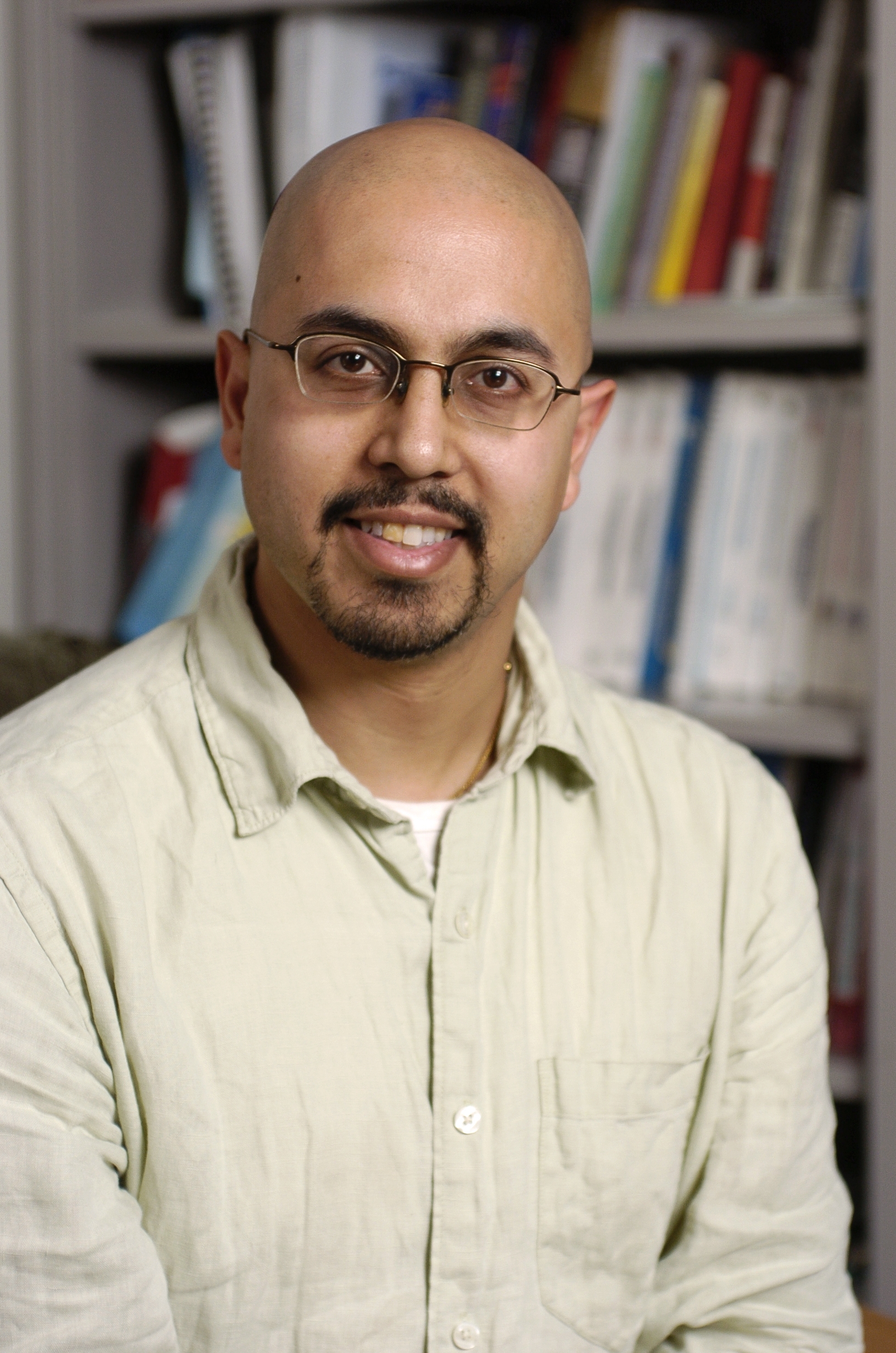Carnegie Mellon Names Anind Dey Director of Human-Computer Interaction Institute
Byron SpiceThursday, June 12, 2014Print this page.

PITTSBURGH—Randal E. Bryant, dean of the Carnegie Mellon University School of Computer Science, has appointed Anind K. Dey as the new Charles M. Geschke Director of the Human-Computer Interaction Institute (HCII), where he has been a faculty member since 2005.
He succeeds Justine Cassell, who has assumed the position of associate vice provost of technology strategy and impact for the university. She remains on the HCII faculty.
In his research, Dey uses sensors and mobile technology to develop tools and techniques for understanding and modeling human behavior, primarily within the domains of health, automotive, sustainability and education.
His projects have included dwellSense, which used sensors to monitor daily activities of older people to detect physical or cognitive decline; using computer vision and other tools to detect behavior disorders such as autism; and automobile navigation systems that adapt to an individual’s preferences, as well as systems that convey navigation information through the steering wheel via haptic feedback.
“I am pleased to have Anind Dey take over the leadership of the HCII,” Bryant said. “The HCII was an early pioneer in bringing together experts in computer technology, social science, and design to understand and improve the way people interact with computers. This area has become even more important as computers have become part of everyday products, and as people increasingly interact with one another via computer technology. It’s great to have someone with the background and talent of Anind to guide the HCII into the future.”
Dey was a senior researcher at Intel Research Berkeley from 2001 to 2004. Before joining Carnegie Mellon in 2005, he was an adjunct assistant professor of electrical engineering and computer science at the University of California, Berkeley, from 2002 to 2005. Recently, he served as a visiting professor at ETH Zurich and at the International Institute of Information Technology in Hyderabad, India. In addition to his HCII post, he is an affiliate faculty member of the Machine Learning Department, Computer Science Department and the Electrical and Computer Engineering Department.
In 2008, Dey received the National Science Foundation’s Faculty Early Career Development (CAREER) Award, the agency’s most prestigious award for junior faculty.
He received a bachelor’s degree in computer engineering from Simon Fraser University in Burnaby, Canada, in 1993, and a master’s degree in aerospace engineering from Georgia Tech in 1995. He earned a second master’s degree and a Ph.D. in computer science at Georgia Tech in 2000.
The HCII explores such topics as technology design and usability, educational technologies, and research on how people work, play and communicate. Part of Carnegie Mellon’s top-ranked School of Computer Science, the HCII hires faculty and trains students at the intersections of computer science, design, cognitive science, social psychology and other areas across the disciplines.
Carnegie Mellon faculty members have been leaders in human-computer interaction since the late 1960s and continue to be among the most influential researchers in the field. The HCII was the first to offer a Ph.D. program in human-computer interaction.
The HCII directorship was endowed in 2012 by Charles M. Geschke, a CMU alumnus and co-founder of Adobe Systems Inc., and his wife, Nancy.
Follow the School of Computer Science, which is celebrating its 25th year, on Twitter @SCSatCMU.
Byron Spice | 412-268-9068 | bspice@cs.cmu.edu
